Workers may be isolated from the assistance of others, or face increased risks due to long travel times, poor access to resources, or limited communications.
Remote or isolated work may include:
- working alone and outdoors (for example when mustering or repairing fences)
- work where it is hard to get help in an emergency (for example remote or inaccessible areas on large properties)
- workplaces that take a long time to get to (for example travelling to remote areas on large properties)
- having limited access to resources (for example infrequent deliveries, long delays for new supplies, or the risk of being cut off in a flood)
- reduced access to support networks or missing out on family commitments (for example working drive-in drive-out, or ride-in ride out), or
- unreliable or limited communications and technology (for example rural areas with limited phone reception or where IT systems are unreliable).
Working alone or remotely can increase the health and safety risks of any job.
| PCBUs: | Workers: |
|---|---|
| As a person conducting a business or undertaking (PCBU), you have a duty to eliminate or manage the risks from working alone or in remote areas. | As a worker, your PCBU has a duty to eliminate or minimise the risks from working alone or in remote areas. You also have a duty to take reasonable care of your safety and that of others in the workplace. |
Examples of control measures used to reduce the risks related to remote or isolated work include:
- monitoring weather conditions and emergency warnings
- providing a ‘buddy system’ so workers don’t have to be alone for long periods
- providing and maintaining other forms of communication where a telephone is not available
- providing additional training, such as in driving off-road vehicles or in bush survival
- providing appropriate first aid kits for workers
- providing a personal distress beacon.
See Part 3.2, Division 6 of the model WHS Regulations for more information.
For more information:
- Remote and isolated work
- Mental health and remote and isolated work
- Model Code of Practice: Managing the Work Environment and Facilities (refer section 4.2 – Remote or isolated work)
- Video – farm safe, live safe

